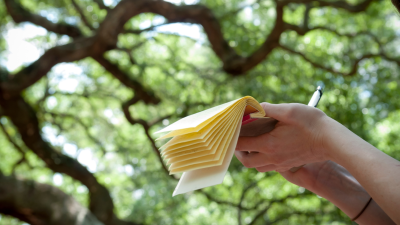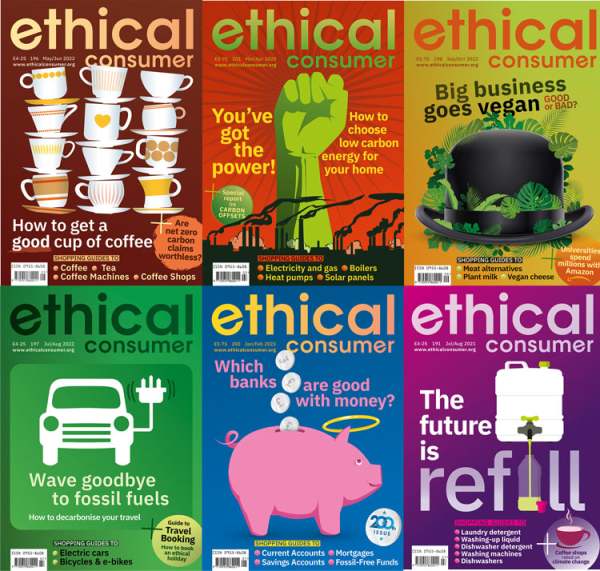4. Greenwashing
This is the thing that’s more likely than anything else to send my business into oblivion: bigger brands misleading customers, or over-exaggerating claims of sustainability.
Greenwashing happens all the time, and it’s heartening that the Advertising Standards Authority is cracking down on this, recently updating their guidance on how companies should make claims about environmental impact.
The worst thing is those customers who were actually keen to buy a more sustainable product have been duped into buying something that is part of the problem, and it’s denied support for the brands who are actually acting more ethically.
5. Education, education, education
General knowledge around sustainability issues can be relatively low amongst the wider population. It is a complex topic with a tangle of issues for each sector. And hence why it is super easy for brands to greenwash their products.
Education is key to combating this, but trying to shift mindsets is a slow process, and part of a wider cultural shift taking place within society.
6. More, more, more…
As a sustainable small business, I’ve had to really grapple with whether to discount products or take part in events like Black Friday – the connotations of excessive consumption it denotes are not something I want to endorse.
Neither is the slashing of prices that reflect the fair cost of labour and materials.
Ideally, I want people to buy less and buy better – and look after their possessions.
However, as a small business struggling with difficult market conditions, it’s absolutely crucial to remain competitive and offer good value — or potentially face dwindling sales. And there’s not much good I can do if I go out of business altogether.
These are big ethical questions to wrestle with.
7. It takes time
Don’t be disheartened if after all the blood, sweat and tears it took to set up your sustainable business there isn’t a flood of customers.
Establishing your business, instilling new mindsets and changing shopping habits all takes time – much more than you think.
And don’t be surprised when your mother still buys your children clothes from H&M!








